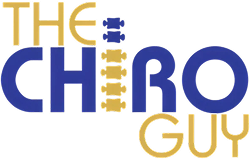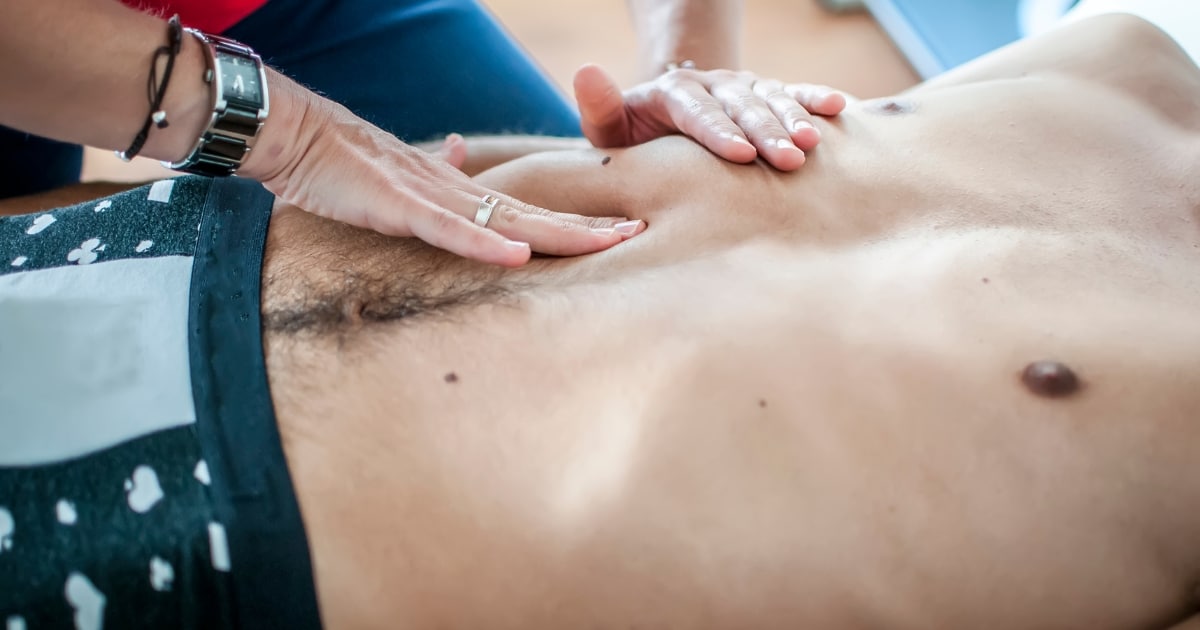
Feeling worn out after an intense workout? Your muscles are likely experiencing fatigue, a common issue after strenuous activity. Whether you’re an athlete or someone who exercises casually, knowing how to recover effectively is key to bouncing back stronger. Let’s break down some practical ways to speed up recovery and get back to your active self.
What Causes Muscle Fatigue?
Muscle fatigue happens when your muscles lose their ability to perform optimally. This often occurs after pushing your body harder than usual—maybe you ran an extra mile, lifted heavier weights, or played a longer basketball game than normal. Muscles get tired due to a buildup of lactic acid, small tears in the muscle fibers, or depleted energy reserves. While this is a natural response, it’s crucial to give your body the time and tools it needs to repair itself.
Listen to Your Body
Before diving into recovery strategies, remember that rest is your best friend. Your body tells you when it needs a break, and ignoring that feeling of tiredness can lead to longer recovery times or even injury. Allow yourself at least 24 to 48 hours of rest after a heavy workout. You don’t have to be completely inactive—light movements like walking or stretching can help—but avoid high-intensity activities.
Hydrate, Hydrate, Hydrate!
It’s easy to underestimate the power of hydration when it comes to muscle recovery. Water plays a massive role in flushing out toxins and delivering nutrients to your muscles, helping them heal faster. After a workout, you lose a lot of water through sweat, so replenishing those fluids is essential. Consider adding electrolytes to your hydration routine—especially if you’ve been sweating a lot. These minerals help balance fluid levels in your body and support muscle function.
Eat to Heal
What you eat after a workout can speed up or slow your recovery. Fuel your body with foods that promote muscle repair and energy replenishment. Focus on lean proteins, whole grains, and healthy fats. For example, foods like chicken, fish, quinoa, avocado, and nuts can help restore your muscles. Incorporate fruits and veggies for their anti-inflammatory properties, which can ease muscle soreness.
Stretch It Out
While your muscles are still warm from your workout, take the time to stretch. Stretching increases blood flow to the muscles, reducing soreness and stiffness. Hold each stretch for at least 30 seconds to give your muscles enough time to release tension. If you’re looking for something more structured, try a yoga session—many poses target tight muscles and can aid recovery.
Try Compression Therapy
Compression therapy is gaining popularity as a recovery tool, especially among athletes. A normatec specialist can guide you through this process. NormaTec recovery system enhances blood circulation, reduces swelling, and accelerates recovery. Many people find it a relaxing and efficient way to recover from muscle fatigue without much effort. The rhythmic pulsing of the device mimics a deep tissue massage, which can help your muscles feel better in no time.
Get Enough Sleep
Never underestimate the power of a good night’s sleep regarding muscle recovery. Sleep is the time when your body does most of its healing. During deep sleep, your muscles repair and grow stronger. Aim for 7-9 hours of quality sleep each night to give your body the needed recovery time. If you’re dealing with muscle fatigue, it’s especially important to prioritize sleep.
Active Recovery: Light Movement Helps
Staying still isn’t always the best approach. Gentle, low-impact activities can promote blood flow and reduce muscle stiffness. Activities like walking, swimming, or cycling at a slow pace can speed up recovery by keeping your muscles active without straining them. This is known as “active recovery,” it helps deliver oxygen and nutrients to fatigued muscles, accelerating healing.
Use Heat or Ice Therapy
Both heat and ice have their place in recovery. Ice is great for reducing inflammation and numbing sore areas, especially right after a workout. On the other hand, heat therapy—like a warm bath or heating pad—can help relax tight muscles and increase blood flow, which promotes healing. Depending on your specific needs, you may benefit from alternating between the two.
Massage: Hands-On Help
A good massage can do wonders for sore muscles. Whether you get a professional massage or use a foam roller at home, massaging your muscles can release tension and break up scar tissue. This improves mobility and reduces stiffness. A massage also stimulates circulation, helping to clear out waste products like lactic acid that contribute to fatigue.
Recovering from muscle fatigue doesn’t have to be complicated. You can speed up the healing process by staying hydrated, eating well, stretching, and exploring tools like compression therapy or consulting a Normatec specialist. Give your body the time and attention it needs, and you’ll return to your regular routine quickly. Just remember—rest is a form of progress. Taking the time to recover will make you stronger in the long run.



